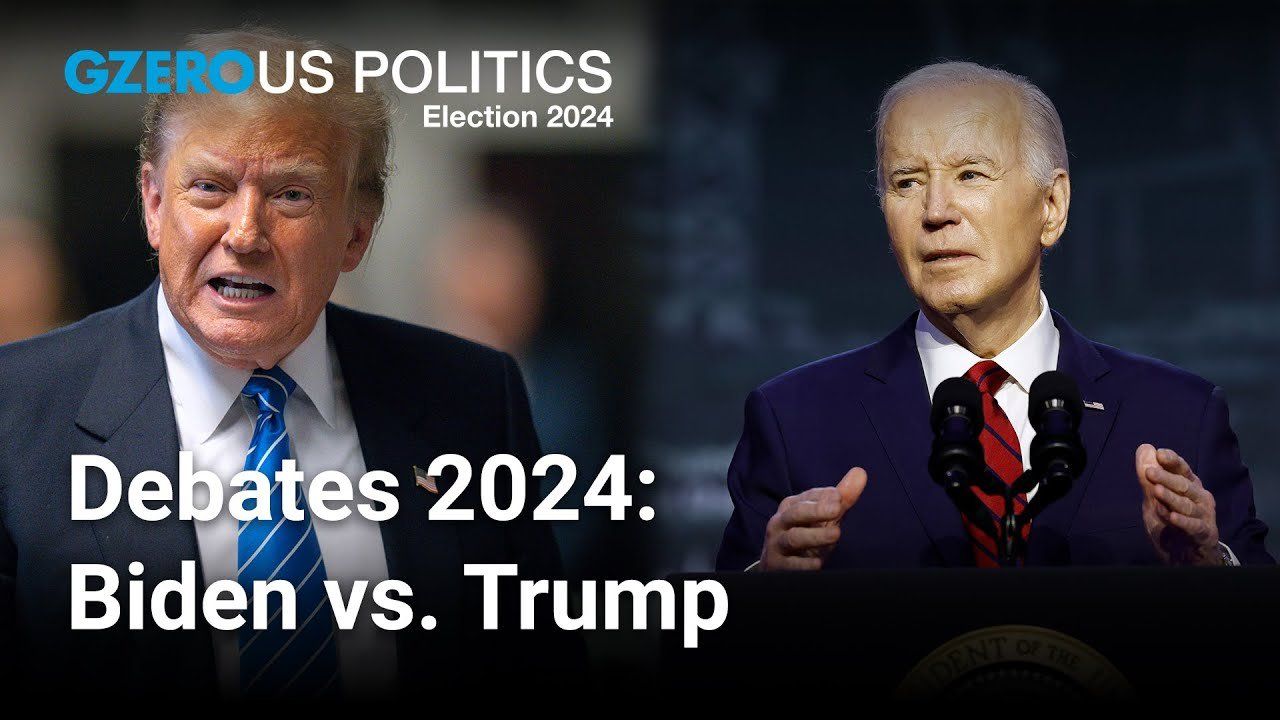
Jon Lieber, Eurasia Group's head of research and managing director for the firm's coverage of United States political and policy developments, shares his perspective on US politics from Washington, DC.
What we're watching in US Politics this week? The big story is the debates.
The debate about the debates was going to be a prolonged affair given some uncertainty about either candidate's desire to face off against each other. And while earlier in this week it looked possible that the US might not have any presidential debates the first time in recent memory. Instead, now we know we're going to have at least two, one in June and one in September.
The debates are a bit of a risky proposition for both candidates. Trump is going to relish in the opportunity to make Biden look old, like he tried to do in 2020, an effort that ended up backfiring against Trump because he looked like kind of a bully. And Biden's making a bet that by placing the debate so far ahead of actual Election Day, it's going to put Trump front and center in front of voters minds, particularly right after his trial in Manhattan has concluded.
Debates are usually one of the main events of any presidential campaign, and will be this year as well, probably one of the more highly anticipated and highly watched events. And one of the reasons they're happening so far in advance is because so many millions of Americans are now casting ballots far in advance of Election Day on November. So by cementing impressions of each other, first in June and then again in September, the two campaigns are hoping that they can cement a narrative about the other guy that sticks with voters minds far in advance of Election Day.
The dynamic around the debate kind of resembled a fight at a high school where neither candidate wanted to back down, and neither candidate really wanted to take the first punch because neither one wanted to get punched in the face. But now what we're going to see instead is a highly watched, a tentpole campaign event of this 2024 season.
- Biden vs Trump foreign policy: Political scientist Stephen Walt weighs in ›
- US-Ukraine policy under Trump would be similar to Biden's ›
- The one good reason to watch the Biden-Trump debates ›
- Trump vs. Biden: Let’s get ready to rumble ›
- Biden vs. Trump redux: what we know so far ›
- Can Trump, aka Teflon Don, still get elected with a guilty verdict? - GZERO Media ›